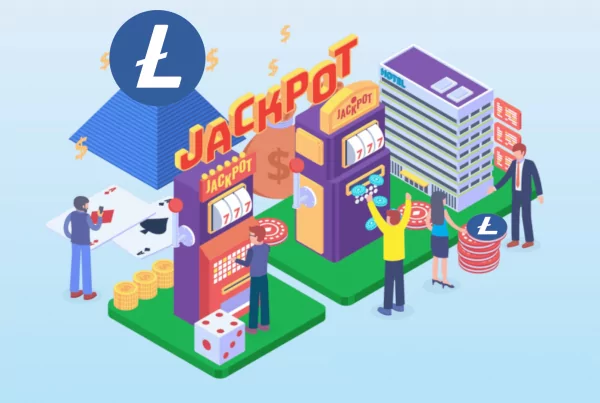
Cryptocurrency is a relatively new form of digital money that has the potential to change the world. However, if we’re being realistic, many cryptocurrencies are not exactly convenient to use. High transaction costs are one of the biggest culprits for this, as sending a single transaction on Bitcoin or Ethereum can cost tens of dollars during periods of high congestion.
Thankfully, there’s quite a few cryptocurrencies that are highly efficient and will allow you to save money on cryptocurrency transaction fees. We’ve identified the cryptos with lowest fees and compiled a list of the cheapest cryptos to transfer.
List of the cheapest cryptos to transfer:
- Solana – The fastest and most efficient smart contracts platform
- Stellar – Highly efficient blockchain for transferring assets
- XRP – A very fast cryptocurrency for value transfers
- Dash – Cryptocurrency designed for everyday use
- Dogecoin – The biggest meme coin
- TRON – A smart contracts platform with low fees
- Nano – A cryptocurrency that charges no transaction fees
- Zcash – A privacy coin with low transaction fees
- Monero – The leading privacy coin with efficient transactions
- Algorand – Eco-friendly and fast smart contracts platform
- Litecoin – A faster and cheaper counterpart of Bitcoin
- NEAR Protocol – A smart contracts platform with sharding technology
Exploring the 12 cheapest cryptos to transfer with low transaction fees
Here’s our list of the cheapest crypto to transfer. We tried to provide a selection that’s as diverse as possible, covering both smart contract platforms and simpler cryptocurrencies.
1. Solana – The fastest and most efficient smart contracts platform
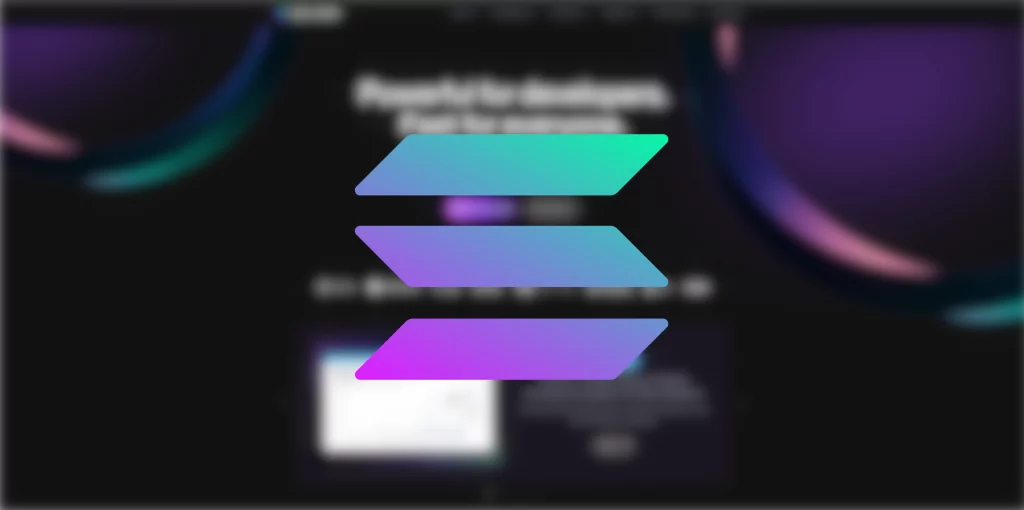
Solana is a blockchain for smart contracts that is based on a highly scalable architecture. It utilizes a unique Proof-of-History mechanism combined with a Proof-of-Stake algorithm to deliver impressive throughput and very low transaction costs.
In real-world scenarios, Solana is handling about 5,000 transactions, although the platform has displayed the ability to handle as many as 65,000 transactions per second in testing.
A standard transaction on Solana will only cost you about $0.03603 in fees, which is some of the lowest crypto transaction fees you’ll find. More complex transactions such as NFT transfers or smart contract interactions cost slightly more, although not nearly as much as they do on Ethereum.
If you’re looking to explore decentralized finance, NFT protocols or blockchain-powered gaming but don’t want to spend a significant amount on money of fees, Solana is one of the strongest candidates on the market today.
Despite a turbulent 2022, the Solana ecosystem is still quite diverse and you’ll be able to find decentralized applications for practically every blockchain use case on the Solana blockchain.
2. Stellar – Highly efficient blockchain for transferring assets

Stellar is a blockchain platform that’s focused on highly efficient asset transfers. You can use the Stellar blockchain to make transactions with the platform’s native currency XLM, or use the protocol’s built in decentralized exchange functionality to seamlessly swap between the different assets issued on the Stellar blockchain.
Stellar was founded by XRP co-founder Jed McCaleb and Joyce Kim. Stellar’s architecture shares a lot of similarities with the technology underpinning XRP, although the two platforms have diverged to an extent since Stellar launched in 2014.
When using the Stellar blockchain, you’ll usually be paying around 0.0001 XLM per transaction, which is only a fraction of a cent in USD terms. In addition to the low cost, Stellar handles transactions very quickly, as you can expect your transactions to be finalized in between 3 and 5 seconds.
3. XRP – A very fast cryptocurrency for value transfers
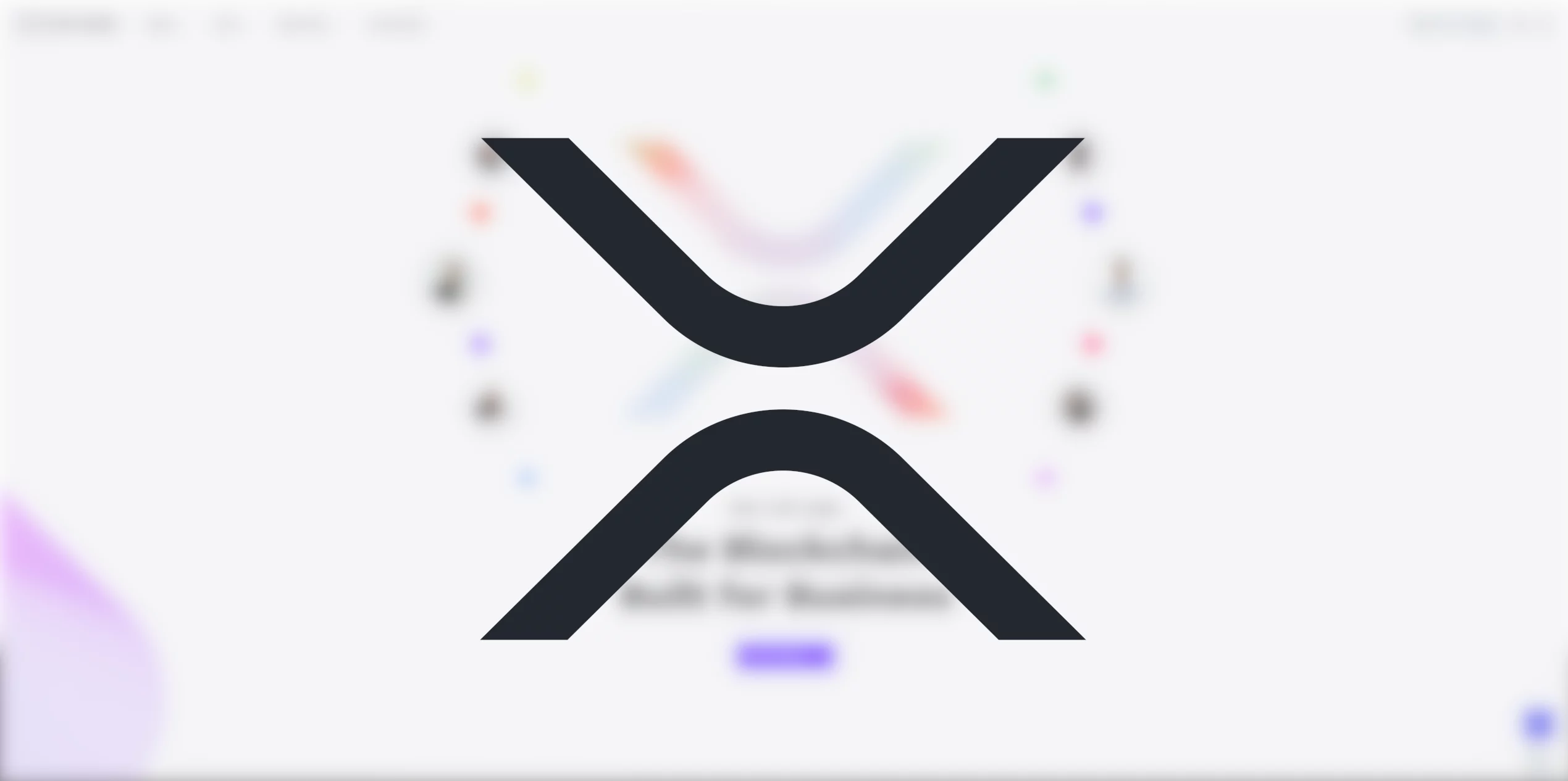
XRP, a well-established cryptocurrency released in 2012, stands out from Bitcoin by employing the XRP Ledger Consensus Protocol instead of Proof-of-Work. This unique approach allows XRP to process transactions quickly and with very low fees.
However, some members of the crypto community criticize XRP for potentially lacking decentralization. This is because a significant portion of the XRP supply is held by Ripple, a US-based fintech company that integrates XRP into its cross-border payment solutions. In the early days, Ripple received 80 billion XRP (80% of the supply) as a gift from the XRP founders.
Although XRP doesn’t support smart contracts, it excels in facilitating efficient value transfers. As a result, XRP is commonly used for moving funds between different cryptocurrency exchanges.
When setting up an XRP wallet, it’s essential to consider that each account on the XRP Ledger must maintain a reserve of at least 10 XRP, which cannot be spent.
4. Dash – Cryptocurrency designed for everyday use
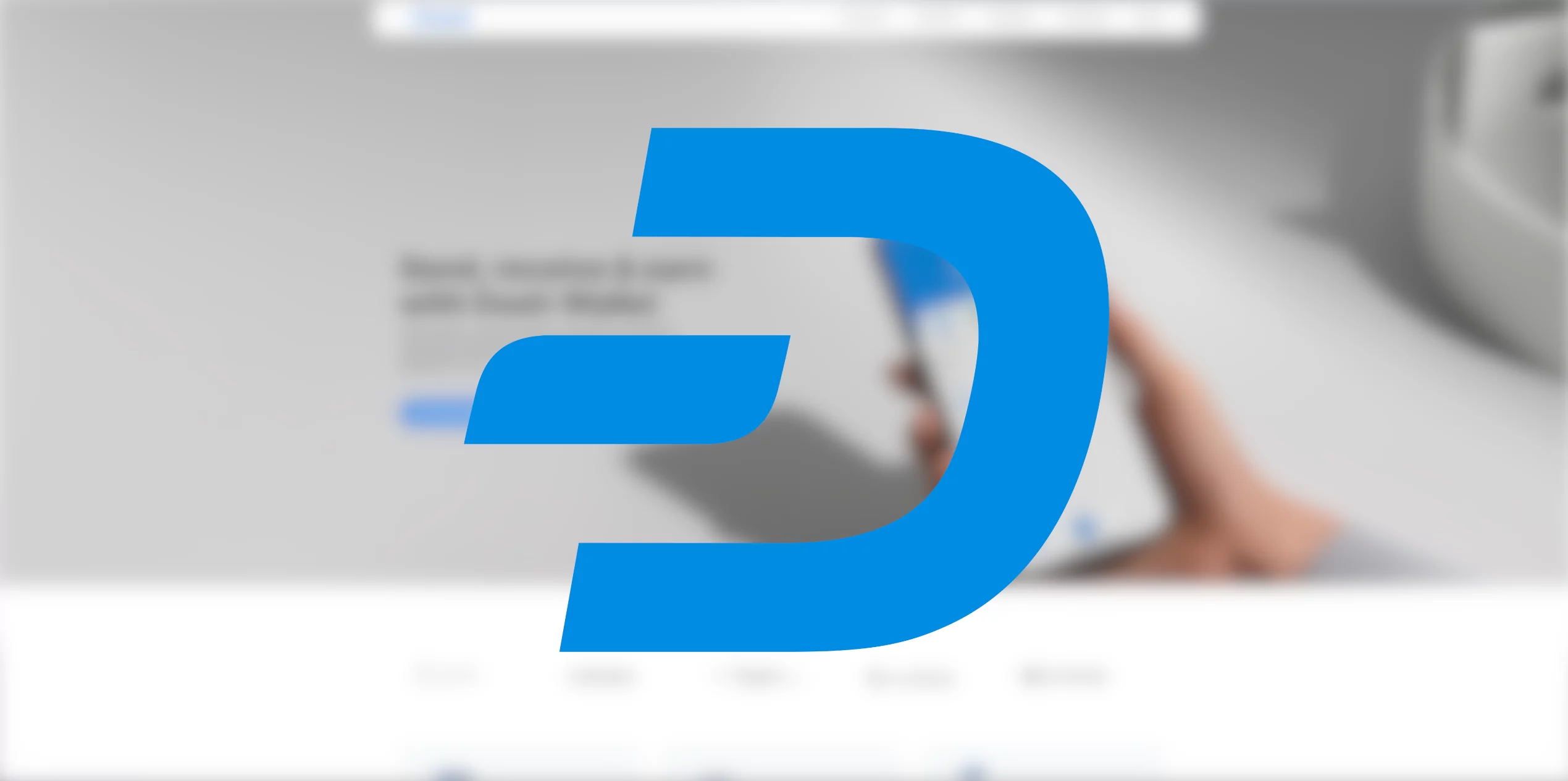
Dash is one of the longest-running projects in the cryptocurrency space, as it made its debut already in January of 2014. Dash, which stands for “digital cash”, aims to provide a decentralized peer-to-peer currency that’s still fast and cheap enough to be suitable for every day use.
In fact, most of the efforts of the Dash project are focused on integrations with merchants and promoting the use of DASH for everyday purchases.
To achieve its impressive efficiency, Dash combines Proof-of-Work with a masternode system. Dash is also capable of providing additional privacy to transactions through its (optional) PrivateSend feature.
A Dash transaction will cost you less than $0.001 in fees, and transactions can be confirmed in under 2 seconds if you utilize the InstantSend feature, which leverages Dash’s network of masternodes.
If you’re looking for a simple cryptocurrency to use on a daily basis, Dash is a solid option. However, the project’s relevance in the crypto market has been fading in recent years, which has hampered Dash’s adoption as a payments platform.
5. Dogecoin – The biggest meme coin

Dogecoin is a meme coin that made its debut back in December of 2013. Thanks to its light-hearted and humorous approach to crypto, Dogecoin quickly captured the attention of the cryptocurrency community and it remains the biggest meme coin to this day.
However, Dogecoin is not just a joke. It’s a fully functioning digital currency that can be used for quick and cheap peer-to-peer payments. In addition, it’s supported by an impressive number of cryptocurrency exchanges and other businesses, which means it’s not too hard to find a place where you can use your DOGE.
To be sure, the Dogecoin network is not quite as robust as Bitcoin. However, it still offers more than enough security for everyday transactions, and has relatively low transaction costs.
In most cases, you’ll be paying less than $0.10 worth of Dogecoin per transaction, although fees can increase sharply during periods of high demand. Dogecoin is also relatively fast, as it has a block time of just 1 minute. So, your Dogecoin transactions should be completed about 10 times as fast as your Bitcoin transactions.
6. TRON – A smart contracts platform with low fees
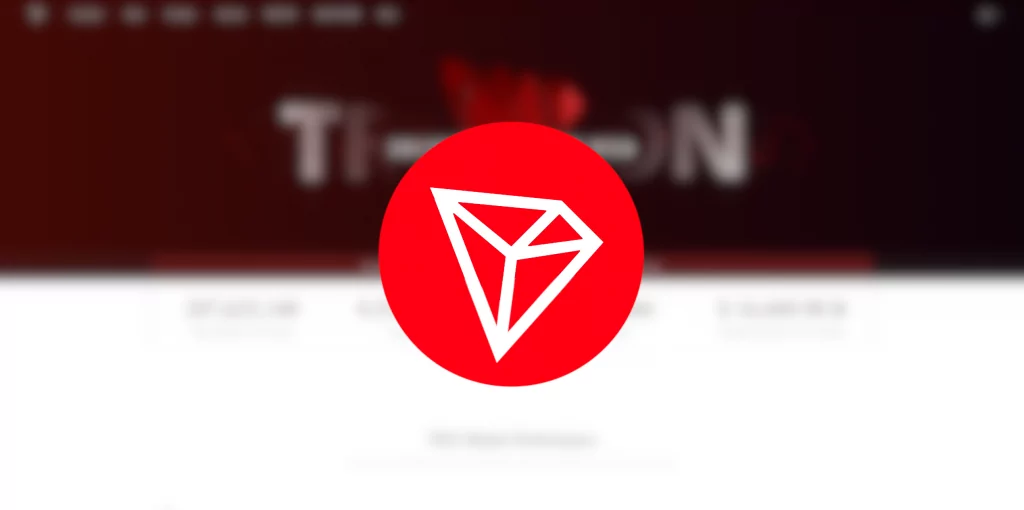
TRON is a blockchain platform similar to Ethereum but utilizes a Delegated Proof-of-Stake (DPoS) consensus mechanism, enabling it to process transactions with minimal costs.
One of TRON’s key advantages is its extremely low transaction fees compared to Ethereum, making it a preferred choice for stablecoin transactions, particularly with USDT.
Although TRON’s decentralized application (dApp) ecosystem isn’t as expansive or diverse as Ethereum’s, it remains a viable option for those looking to engage in DeFi and other on-chain activities without incurring high transaction fees.
7. Nano – A cryptocurrency that charges no transaction fees
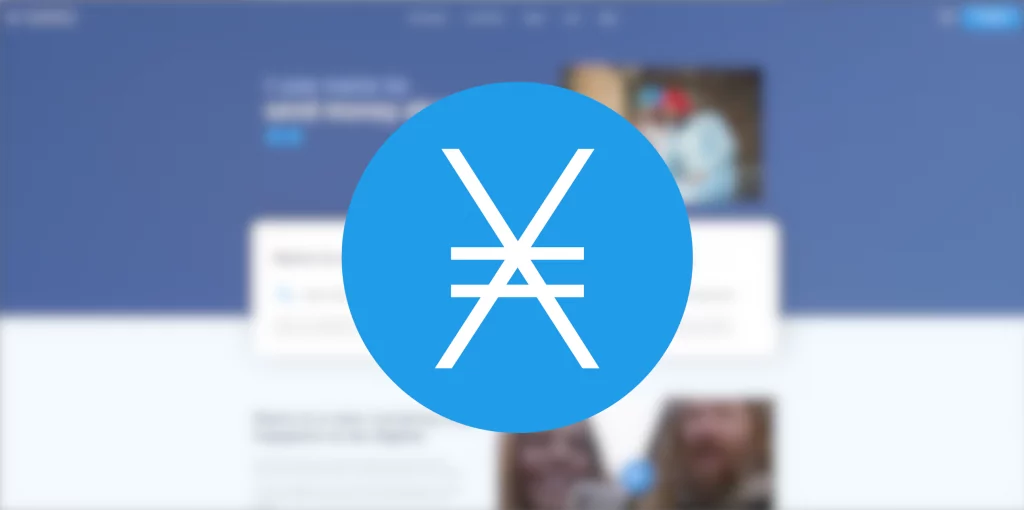
Nano is arguably the cheapest cryptocurrency to use, as it doesn’t have any transaction fees. This is enabled by Nano’s unique architecture, which doesn’t use a traditional blockchain architecture, but is instead a DAG (directed acyclic graph). In addition to practically eliminating costs, Nano’s DAG architecture also enables extremely fast transactions.
However, you have to keep in mind that even though Nano doesn’t have any transaction fees, using it in everyday situations can be a challenge as it simply doesn’t have that much adoption. At the time of writing, Nano is ranked 243rd in the cryptocurrency rankings with a relatively modest market capitalization of $91 million.
8. Zcash – A privacy coin with low transaction fees
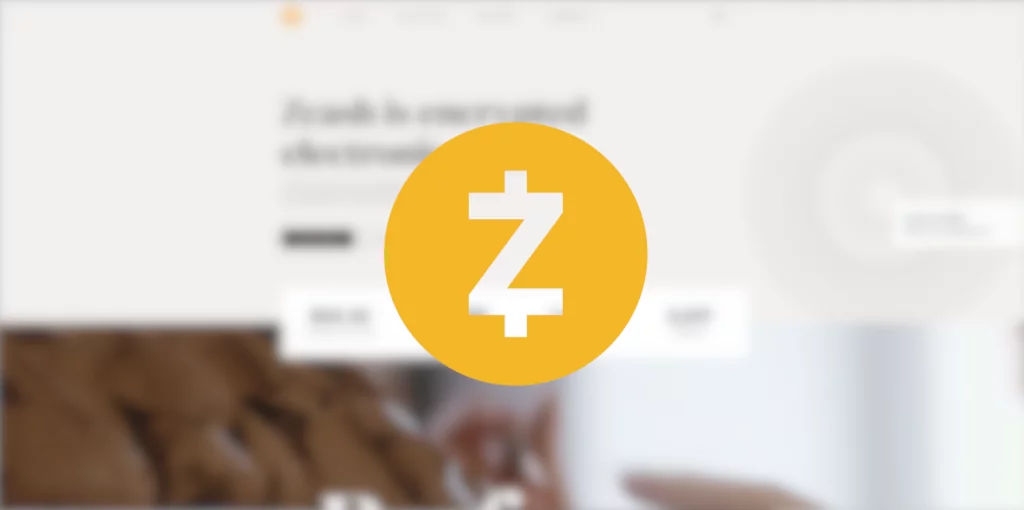
Zcash is one of the leading privacy coin options on the market. While the overall design of Zcash takes a lot of inspiration from Bitcoin (including the 21 million ZEC supply cap), it implements cutting-edge zero knowledge cryptography to enable fully private transaction.
In Zcash, transactions can be either public or private, depending on which address you’re using. So called t-addresses are fully transparent and quite similar to Bitcoin, while z-addresses offer full privacy — nobody can see how many coins you are sending and who you are sending your coins to.
A Zcash transaction under typical network conditions will only cost you about $0.02 worth of ZEC, and the protocol targets a 75-second block time, which is considerably faster than Bitcoin.
Zcash will be quite interesting to follow moving forward as there are serious plans to transition Zcash from its current Proof-of-Work consensus algorithm to a new Proof-of-Stake system. This would not only make Zcash much more environmentally friendly, but could potentially also open the door for scalability improvements which would result in faster and cheaper transactions.
9. Monero – The leading privacy coin with efficient transactions
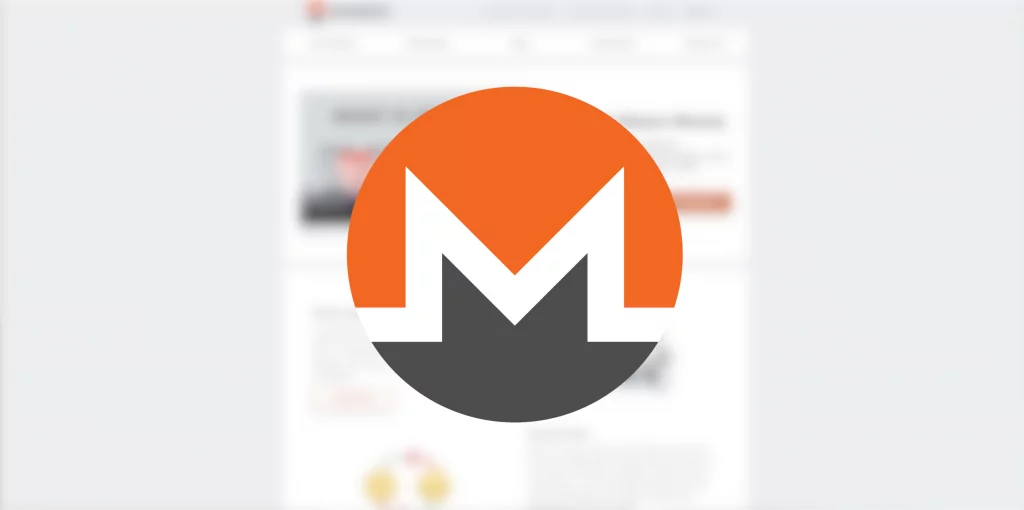
Monero is currently the largest privacy coin on the market, boasting an impressive market capitalization of around $3 billion. Monero implements a suite of privacy-protecting technologies that obfuscate the amount and destination of any given transaction. Notably, privacy on Monero is not optional – all transactions are fully private. This makes XMR a highly fungible cryptocurrency, as it’s practically impossible to tag or blacklist specific XMR coins.
Despite its very strong privacy features, Monero is very efficient to transact with. Sending XMR will cost you less than $0.05 in fees, and the relatively swift block time of 2 minutes means you won’t need to wait too long for your transaction to complete.
However, you shouldn’t expect any fancy smart contracts feature from Monero, as the project is laser-focused on enabling straightforward peer-to-peer value transfers that are as private as possible.
10. Litecoin – A faster and cheaper counterpart of Bitcoin
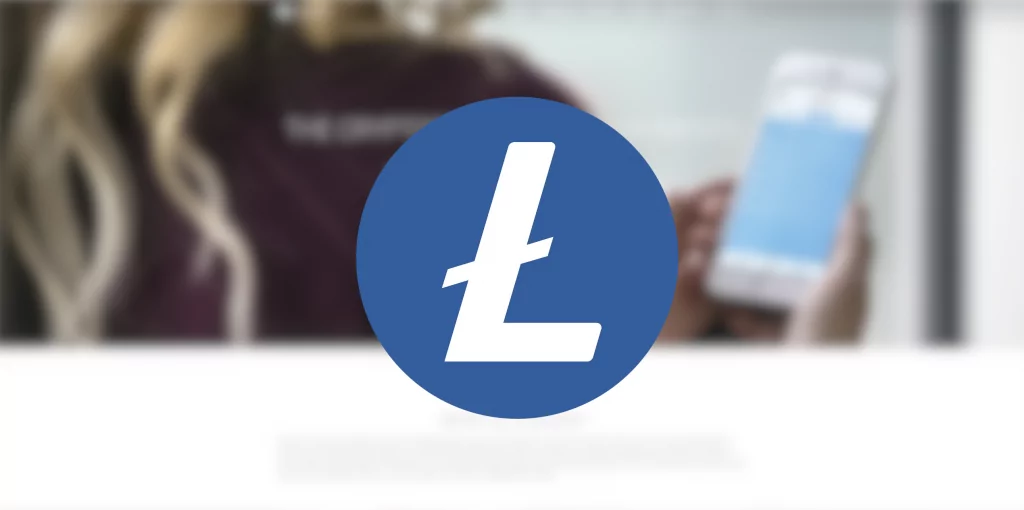
Having launched already in October of 2011, Litecoin is one of the most established cryptocurrency projects on the market. Litecoin is similar to Bitcoin in many respects, although it implements a number of key tweaks designed to make it more efficient and suitable for everyday use.
Compared to Bitcoin, Litecoin has a 4x larger supply cap (84 million LTC) and a 4x faster block time (about 2.5 minutes). In addition, it uses the Scrypt hashing algorithm, instead of the SHA-256 algorithm Bitcoin is based on.
If you’re already comfortable with using Bitcoin, Litecoin will feel extremely familiar to use. When sending LTC, you’ll typically be paying only about $0.01 in fees, and your transaction will be confirmed faster thanks to the quicker 2.5 minute block time.
11. Algorand – Eco-friendly and fast smart contracts platform
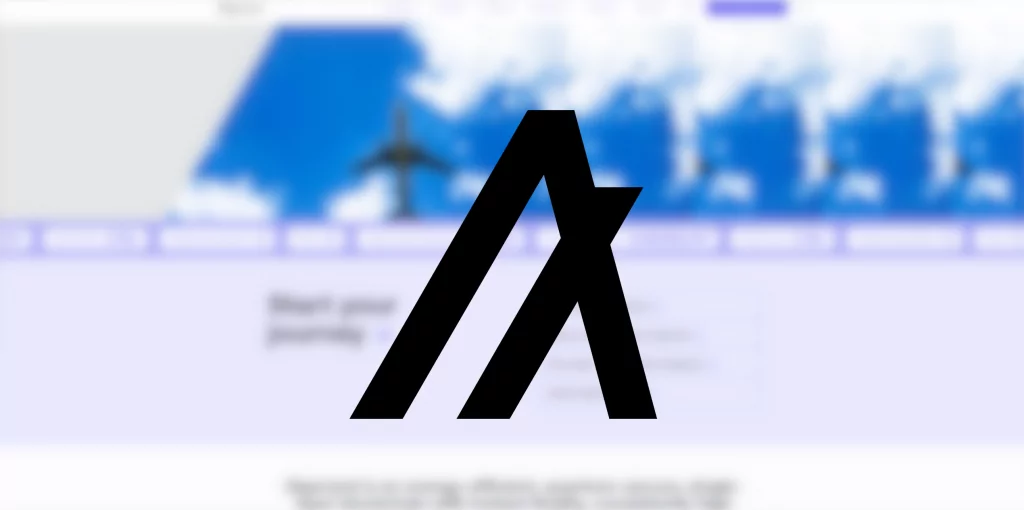
Algorand is a blockchain platform designed for smart contracts that operates on a Proof-of-Stake consensus algorithm. Founded in 2017 by Silvio Micali, a renowned computer scientist known for his contributions to cryptography, the Algorand project launched its mainnet in 2019. Over time, the platform has been upgraded to enhance its smart contract capabilities and support the issuance of custom tokens.
Algorand prides itself on being eco-friendly and efficient, with a focus on offering low transaction fees. The minimum transaction fee is 0.001 ALGO, meaning that 1 ALGO can potentially cover 1,000 transactions.
This feature makes Algorand an attractive option for users interested in exploring use cases like NFTs (Non-Fungible Tokens) and DeFi (Decentralized Finance) without having to contend with the high transaction fees associated with Ethereum and other platforms.
12. NEAR Protocol – A smart contracts platform with sharding technology
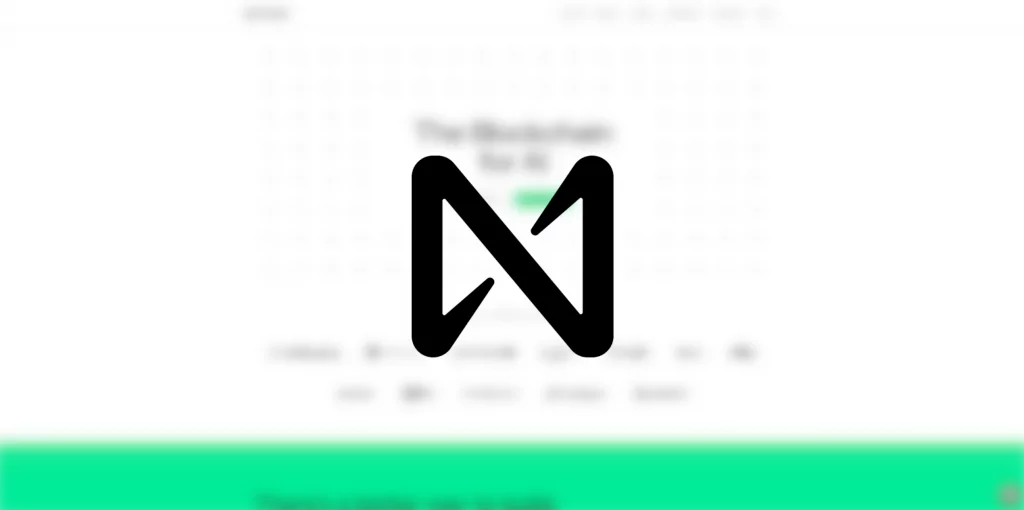
NEAR Protocol is a layer-1 blockchain that employs a sharding mechanism called Nightshade alongside a Proof-of-Stake consensus algorithm. It is designed to drive the mass adoption of web3 by offering strong scalability and developer-friendly features.
The project envisions NEAR as a web3 operating system, allowing developers to build applications in widely used languages like JavaScript while leveraging community-built components for greater efficiency. Additionally, NEAR makes onboarding easy even for users who don’t yet own cryptocurrency, making it an accessible entry point into web3.
Transactions on NEAR Protocol finalize in under three seconds and cost less than $0.01 in fees. As the Nightshade sharding implementation continues to evolve, NEAR’s scalability is expected to improve even further.
For those seeking an efficient smart contract platform, NEAR Protocol stands as a strong alternative to more established options like Solana and Polygon.
Transaction fee comparison
Let’s take a look at how the cryptocurrencies we have featured square up against each other. As you can see, all of them are inexpensive to use, with some having practically negligible transaction costs. Please note that the transaction fees and speeds are estimates of what you can expect during normal network conditions. If there is a surge in demand for the blockchain you’re using, transaction costs will be higher, and speeds will be lower.
| Native Asset | Market Cap* | Transaction Fees | Transaction speed | |
| Solana | SOL | $98.4 billion | $0.03 | 3 seconds |
| Stellar | XLM | $10.2 billion | Less than $0.01 | 3-5 seconds |
| XRP | XRP | $148.2 billion | Less than $0.01 | 3-5 seconds |
| Dash | DASH | $318.8 million | Less than $0.01 | 1-2 seconds |
| Dogecoin | DOGE | $38.4 billion | $0.005 | 1 minute (1 confirmation) |
| TRON | TRX | $19.3 billion | Less than $1 | 3 seconds |
| Nano | XNO | $132.7 million | No fees | Under 1 second |
| Zcash | ZEC | $543.1 million | $0.02 | 75 seconds (1 confirmation) |
| Monero | XMR | $4.19 billion | Less than $0.05 | 2 minutes (1 confirmation) |
| Algorand | ALGO | $2.46 billion | Less than $0.01 | 3 seconds |
| Litecoin | LTC | $8.06 billion | $0.01 | 2.5 minutes (1 confirmation) |
| NEAR Protocol | NEAR | $4.06 billion | Less than $0.01 | 3 seconds |
The bottom line
Hopefully, we helped you identify the best options available if you’re looking to send cryptocurrency with the lowest transaction fees. The cheapest crypto to send will allow you to make transactions at a cost of a fraction of a cent, and have your payments completed in a matter of seconds.

